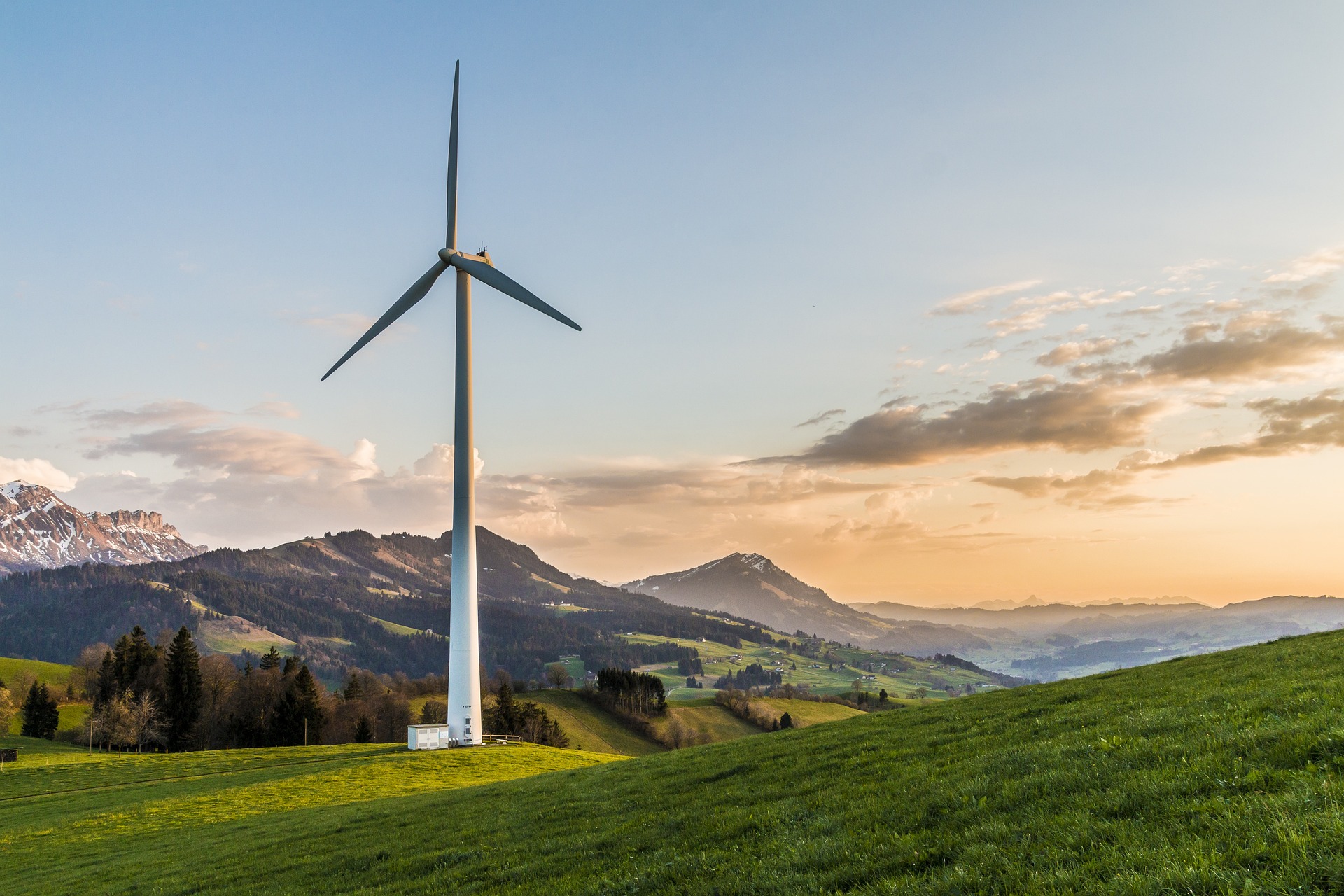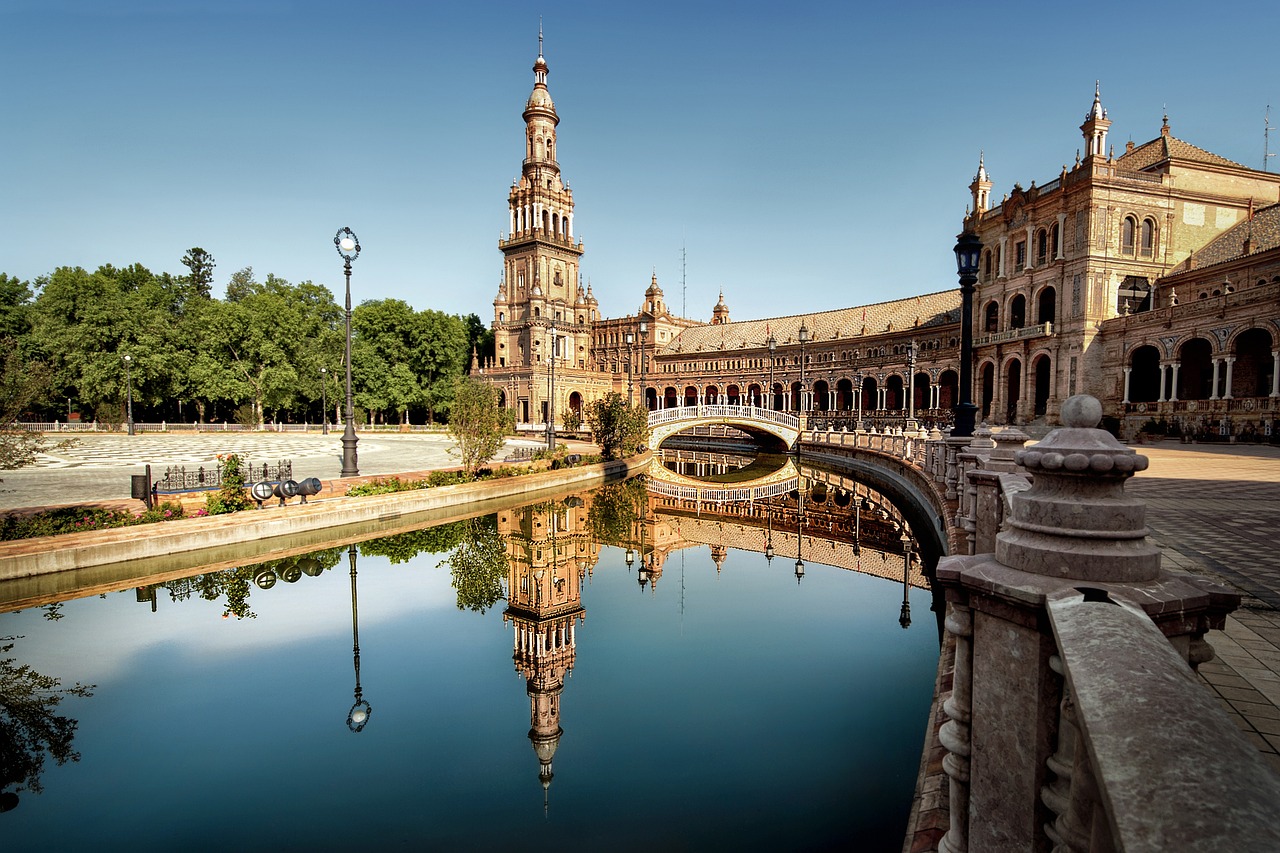On February 22nd, the Bank of Montreal reported that due to the escalating situation in Ukraine and increasing sanctions against Russia, precious metals such as palladium and gold would benefit, as well as commodities such as aluminum and nickel. Analysts at Blue Line Futures said other strategic metals such as crude oil, palladium, copper and cobalt, as well as agricultural products such as wheat, could benefit.
Tensions escalated in response to Russian President Vladimir Putin's announcement that he recognized two self-styled republics in eastern Ukraine and ordered troops to be sent there as "peacekeepers".
In response, US President Joe Biden said he would release the first sanctions against Russia, targeting two Russian banks and sovereign debt. Biden also called Russia's action "the beginning of Russia's invasion of Ukraine." Earlier in the day, Germany announced that it would stop the certification process for the Beixi No. 2 natural gas pipeline imported from Russia. In addition, the EU imposed sanctions on most members of the Russian Duma and banned the purchase of Russian government bonds.
This may be just the beginning of sanctions against Russia, which is why the Bank of Montreal report decided to study the potential impact on commodity trade flows.
"eventually, we expect Russian commodity exports to shift from Europe and North America to Asia," said Colin Hamilton, a commodities analyst at the Bank of Montreal. Changing existing trade routes will lead to temporary chaos in market fundamentals, and the commodities most affected by supply shortages are precious metals. "
Palladium is the most prominent of all precious metals, with Russia accounting for 39 per cent of the global supply of refined metals. Palladium prices have soared 24 per cent so far this year. Hamilton warned that further supply disruptions in Russia could lead to a sharp rise in palladium prices.
"the uncertainty of supply, coupled with the recovery of car production, has led to a rise in palladium prices," the report said. Russia is expected to account for 9%, 6%, 11% and 8% of gold, silver, platinum and rhodium supply, respectively. "
In addition to supply concerns, the safe-haven attractiveness of precious metals is attracting more investors seeking safe havens at a time when global stock markets are plummeting.
Hamilton added: "demand for safe-haven investment in the market is also boosting the price of gold, which has rebounded to about $1900 an ounce."
Phil Streible, chief market strategist at Blue Line Futures, said Russia is not only a major supplier of oil, but also a major supplier of several strategic commodities, which should benefit from rising geopolitical tensions in Eastern Europe. " Streible said crude oil prices could soar to more than $100 or even $120 a barrel as oil and gas supplies were tight.
He also mentioned that other strategic metals such as palladium, copper and cobalt would also benefit further. Russia is the second largest platinum producer, the first largest palladium producer and the third largest wheat producer in the world. Wheat prices have begun to rise, up 4.85% so far this year. Russia produces 3.5% of the world's copper. With the increasing demand for electric vehicles, copper is one of the main components. Russia produces 4% of the world's cobalt, which is used in batteries for electric cars. Therefore, Russia is a very strategic country in terms of commodity production, commodity exports and the direction of the global economy. "
Commodities such as aluminium and nickel are also worth watching, particularly in Europe and North America, added Colin Hamilton, commodities analyst at BMO. Russian supply is not necessarily that important globally, but it is mature in developed markets. Perhaps more importantly, inventories of these commodities are already low. In addition, he expects LME aluminum premiums in Europe and North America to rise in the near future.
![Platinum and Palladium Prices Fluctuated and Consolidated This Week, Trading Activity in the Spot Market Remained Sluggish Amid Growing Holiday Atmosphere [SMM Platinum and Palladium Weekly Review]](https://imgqn.smm.cn/usercenter/SSKOK20251217171734.jpeg)


